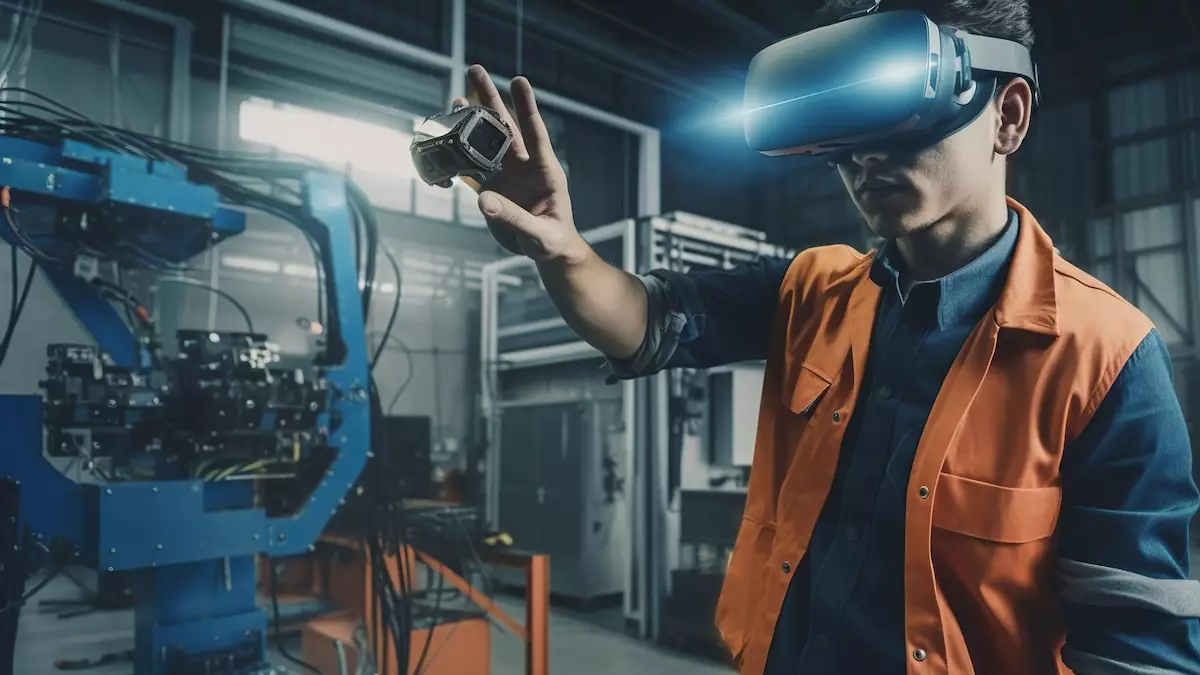In an era of rapid technological advancement, Nokia is setting the stage for a monumental shift in network demand by the year 2030. With the rise of the metaverse, Web3, and AI on the horizon, Nokia’s Technology Strategy 2030 report unveils a roadmap to upgrade network infrastructure and services to meet the forthcoming surge in demand. Central to Nokia’s forward-looking strategy is a significant investment in network technologies crucial for navigating the ever-expanding landscapes of the metaverse and beyond.
Anticipating a 22%-25% increase in network demand from 2022 to 2030, Nokia attributes this growth primarily to the widespread adoption of generative AI and virtual reality devices. To address this surge, Nokia is committed to bolstering its network equipment and services portfolio to support the evolving ecosystems of the Internet of Value, decentralization, blockchain, and smart contracts.
Nokia’s strategic plan includes a deep dive into metaverse opportunities, with a keen focus on human augmentation, spatial computing, and split processing. To drive these initiatives forward, Nokia has set up dedicated labs to explore the metaverse and its foundational technologies. The company’s exploration extends beyond theoretical concepts to practical applications like using a 5G-connected Microsoft HoloLens for remote aircraft maintenance instructions, showcasing the potential of augmented reality to aid technicians in remote locations.
Looking ahead to 2030, Nokia’s Technology Strategy 2030 report highlights key trends like AI, cloud computing, the metaverse, the Internet of Value, Industry 5.0, and API networks as instrumental in shaping the future of connectivity. The proliferation of connected devices is expected to drive metaverse adoption across consumer, enterprise, and industrial sectors, transforming supply chains and manufacturing processes. Real-time interactions, efficient supply planning, and revolutionized manufacturing operations are all on the horizon.
Notably, the industrial metaverse market is poised for rapid expansion, with sales projected to reach US$ 61.8 billion in 2022. Forecasts indicate a compound annual growth rate (CAGR) of 25.3% from 2023 to 2033, signaling a shift towards integrating metaverse technologies in industries such as car manufacturing. This integration is expected to drive innovation, propelling the Industrial Metaverse Market from US$ 80.1 billion in 2023 to an impressive US$ 765.8 billion by 2033.
Nokia’s ambitious vision for the future underscores the company’s commitment to staying at the forefront of technological evolution. By investing in cutting-edge network technologies and embracing the potentials of the metaverse, Nokia is poised to lead the way in shaping the digital landscape of 2030 and beyond.















